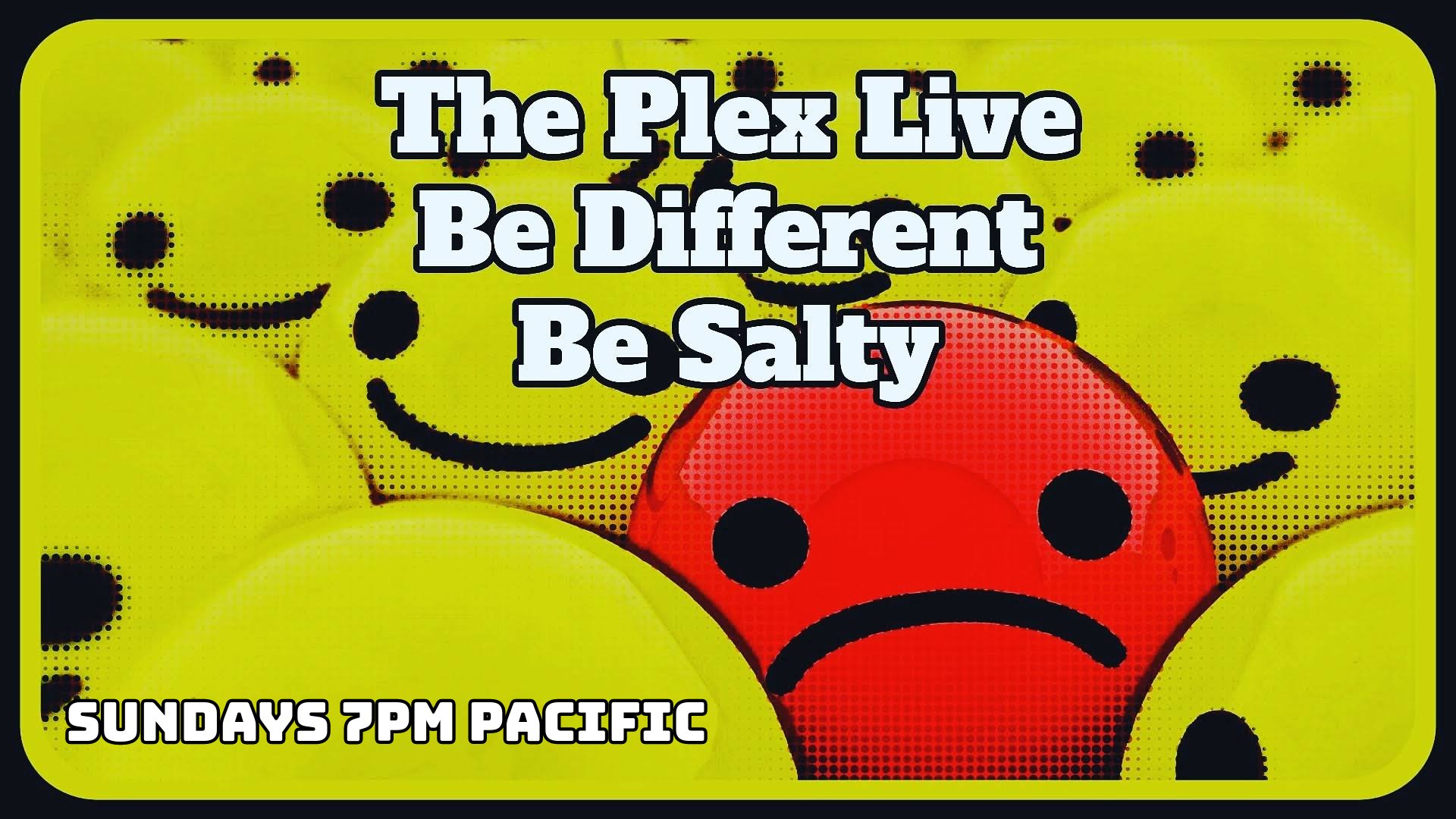Author Bios:
Christopher T. Conner is Assistant Professor of Sociology at the University of Missouri. They are co-author of Electronic Dance Music: From Deviant Subculture to Culture Industry. Chris is also the editor of Extremism and Conspiracy Theories in New Times due out in Spring 2024, The Spectacle of Online Life coming Fall 2024, and a solo authored text on QAnon due out Spring 2025---each part of The Frankfurt School in New Times book series with Rowman & Littlefield.
Fletcher Jackson is a senior undergraduate student at the University of Missouri, Columbia in Religious Studies. They are co-teaching an academic success seminar where they teach Vipassana meditation. They hope to use their research on the intersection of religion, spirituality, and positive psychology to become a hospice chaplain in the future. In the meantime, they provide one-on-one care to the dying at an end of life home, contribute to local queer activism and write poetry.
The “Kids Online Safety Act of 2022” is a bill introduced by Senator Richard Blumental May 02, 2023. Endorsed by President Joe Biden, the bill is a bi-partisan initiative to “protect” kids from harmful content online. On the surface this bill seems like a step in the right direction, but deeper analysis of the initiative and comments made by Senate Republicans call into question just exactly who this bill is meant to target, and what types of content is deemed as “harmful” to children. Many grassroots organizations note that this seems like an attempt to push members of the LGBT+ community off the internets, and thus out of public life.
Unless one has closely followed President Biden’s career, they might be unaware of Biden’s fair-weather support of LGBTQIA2+ issues. This includes his concerning 2006 statement showing a lack of support for Gay marriage, and an attempt to ban early EDM events disproportionately impacting Queer men of color. The “Kids Online Safety Act of 2022” also bares resemblance to Biden’s “Reducing America’s Vulnerability to Ecstasy Act of 2022” (RAVE), which was framed as an initiative to protect children. The effect of the RAVE act, according to scholars, was a rise in drug use and in overdoses at EDM gatherings.
Given Biden’s lackluster stance on LGBTQIA2+ issues, it isn’t surprising to see him echo some of the inflammatory language used by conservatives using terms like “experimenting on children” to rally support for the Bill. While Biden’s use of language might be dismissed as poor word choice, republican Senator Blackburn, for example, has said the bill needs to be passed in order to protect “minor children from the Transgender [sic] in this culture and that influence.”
Democrats who have commented on the Bill focus almost exclusively on its importance in providing much needed regulation online. Republicans see the bill as an opportunity to remove LGBT+ people, and Queer friendly ideas off of the internet. While some may see this as conjecture there have already been independent reviews of the Bill, with some noting that this will not only impact LGBT+ persons. Analysts argue that because of its vagueness it has the ability to impact a wide range of other groups.
“This Kids Online Safety Act” represents an ongoing moral panic that began over the COVID-19 pandemic—which disproportionately impacted LGBT+ persons. The term moral panic was coined by British Sociologist and Criminologist Stanley Cohen in the 70s. Put simply, Coehn saw the media as playing a crucial role in for the formation of moral panics which could result in the mobilization of official resources (police, legislation, and societal stigma). Under Cohen’s model we are at an important inflection point where public officials are beginning to respond to these moral outcries which time and time again have been shown to be embedded in morality not in reality.
The reality is that since the COVID-19 pandemic anti-LGBT crimes rose 19% in 2023, with many of these events being documented across social media over this past Summer and Fall. These included protests at Gay Pride events, banning LGBT themed books, destruction of Pride displays at Target, and online harassment and doxing by troll farms. Conservatives and far-right activists have urged their audiences and the public to engage in a range of harassments. However, Trans people rank at the bottom of nearly every social indicator and are most at risk for being victimized.
The rhetoric being used today reflects that of the 1960s—which included government produced propaganda directed at LGBT+ people and argued that they were a social contagion that were a danger to kids. This is also the same rhetoric that was used to pass the Hayes code which prevented any LGBT+ person from being presented in a positive light by film and television studios, the effects of which are still being fought against to this day.
The fear from LGBT+ persons is that The Kids Online Safety Act is nothing short of a revised Hayes Code for the digital age. The irony here is that the internet has historically been a place for marginalized people to congregate however, as the internet has evolved it has become an increasingly hostile space for LGBT+ persons. The brunt of this online violence is targeted at Trans folk who are often the victims of online harassment campaigns.
The Kids Online Safety Act also puts much of the enforcement on online platforms empowering them to enact rules and guidelines to protect children. However, online platforms have their current guidelines acting against LGBT+ persons and especially Trans Women online—and existing technology being used to enforce Anti-Trans legislation being passed at the state level.
The online platform www.twitch.tv, for example, has become a haven for LGBT+ content creators. However, terms of service regulations have resulted in unequal enforcement around the topics discussed to what trans live streamers are permitted to wear when appearing on camera. A double standard on these platforms exists for when one considers that cis-gendered women, like Amouranth or JennFoxxx, are rewarded and promoted for for their sexually suggestive content (bikini streams, talking about sex, and for other sexually explicit content)—even garnering national attention and accolades from journalists.
One of the Trans content creators we spoke with, Polly People, was recently banned from the platform for inappropriate attire even after Twitch relaxed its guidelines. While she now uses YouTube as an alternative platform, she notes this has cost her a significant amount of income in the shift. Others I spoke with for this story suggested that these cis-gendered women, like the ones mentioned above, may receive increased placement on the site. These kind of incidents mean more than just not being able to access the platform, but also deprives them of income.
Polly People’s Notice of Removal (From Twitter)
In sum, the Kids Online Safety Act reflects growing concern and pressure from the public around the future of LGBT+ rights and visibility, and also the need for government regulation of online social media sites. However, this Bill would make it easier for Trans people to be deplatformed rather than provide them with protection from the severe forms of harassment which they experience on a daily basis. If previous enforcements of terms of service are any indicator, The Kids Online Safety Act will do little to end the harassment from conservative outlets such as Libs of Tik Tok which have been shown to incite people to violence, and are even given airtime by National news outlets.
While it’s clear that some kind of online regulation is indeed necessary, the proposed Bill seems to be a misguided attempt fueled by an ongoing moral panic around Trans people occupying public space. Sensible online regulation would curb false, misleading, or dangerous information being shared but there are so many other ways social media regulation is indeed necessary—including protections for workers in these mediums (i.e. live streamers, content moderation teams, other auxiliary support staff). For now at least, the future of the internet remains undetermined, but the Kids Online Safety Act would make the internet less safe for all of us.













